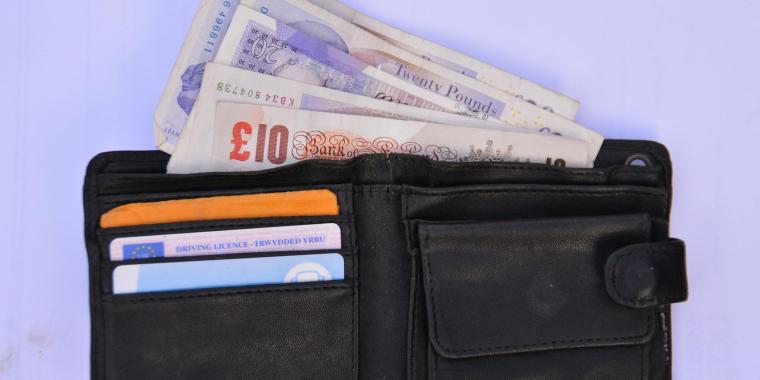Beware the Council Tax debt trap!

Beware the Council Tax debt trap
by Myles Fitt, CAS Strategic Lead for Financial Health.
This article was first published in the Herald on 16 September 2023.
If I asked you what you think is the main type of debt that we see in the Scottish CAB network, I suspect you would say credit cards or bank overdraft or even energy bill debt. In fact, the most common type of debt we see is that related to unpaid Council Tax.
This has been the case for the last few years, but the figures we’ve just collated for the month of July raise new levels of concern. As a proportion of all debt advice across the 59 Scottish CABs, demand for advice on Council Tax debt has risen to its highest level ever, 35 per cent higher than it was before the pandemic and 25 per cent higher since January.
To put it in cash terms, the average Council Tax debt for a Scottish CAB client is over £3,420 – close to three times the average Council Tax bill, which is £1,238.
That’s the bad news. The really bad news is that we believe it is getting worse.
If we’re to consider ways of reducing the problem, we need to understand it. Put simply, what is it about Council Tax that people struggle with to the extent that it becomes a problem debt?
Our research has found four key factors: low incomes, prioritisation of other essential daily living costs, lack of awareness of Councils’ harsh debt collection practices, and some missed opportunities by Councils to enable repayment before the debt is enforced.
Low incomes, exacerbated by the rising cost of living, are of course the root of the problem. When people are struggling they prioritise bills like food, energy and housing – the core costs of daily living – and Council Tax falls down the list.
This is because people don’t always see the immediate tangible consequences of not paying their Council Tax - the bins still get emptied and streetlights stay on – in the way that they do if they can’t buy food or if their energy bills are left unpaid.
But what they often don’t realise is that the debt collection process for Council Tax is quicker and harsher than that for debt like credit cards. Councils can, for example, freeze your bank account to recover the arrears owed, something which of course can push you over the line from struggling into total crisis.
So, what can be done about it?
Firstly, we ask that Scotland’s 32 local authorities act with empathy for those people who get into debt and to consider alternative ways to collect payments. We know Councils need that revenue to pay for local services, but if people are in arrears it’s probably a sign that they’re in real financial difficulty and the more support they can get the greater the Councils’ chance of recovering some of the debt, if not all. And that’s good for everyone involved.
Secondly, people need to know that Council Tax should be treated as a priority payment because of the harsh debt recovery process that quickly kicks in should they happen to fall behind. And they should also know that help is available
Our www.moneymap.scot tool specifically covers Council Tax reductions and exemptions among other ways to boost your income and save money, so for those struggling to make Council Tax payment it’s a great place to get help.